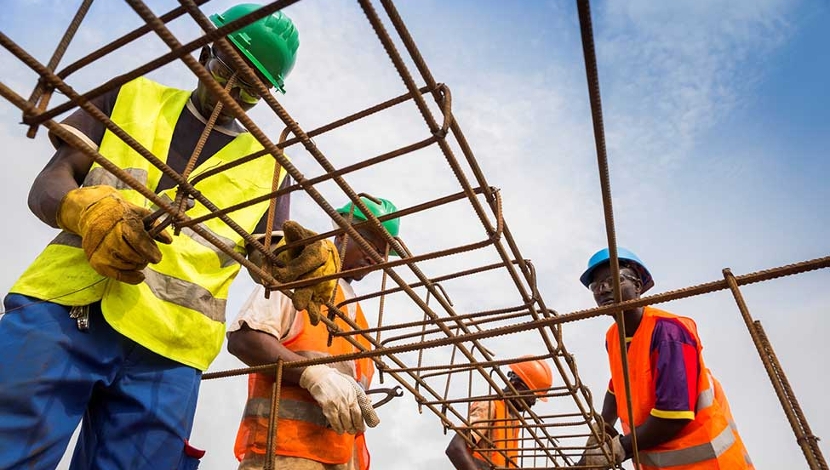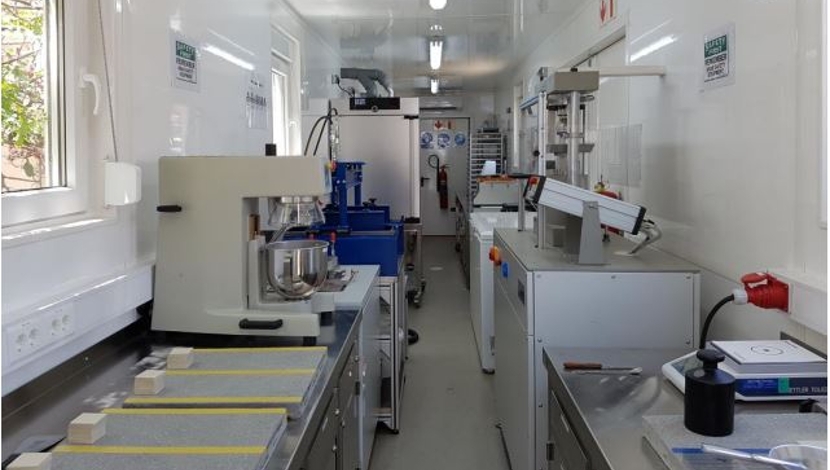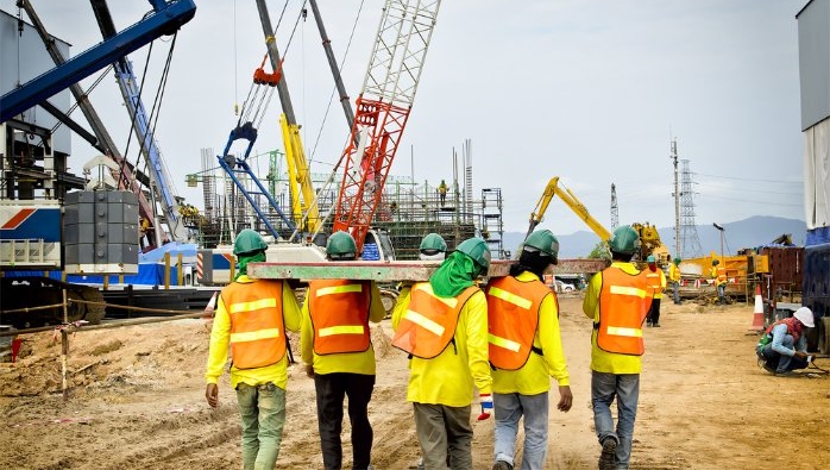

Construction Industry Development Board (cidb) monitoring and evaluation project manager Ntando Skosanaon Tuesday described the loss of 140 000 jobs in the local construction industry between the first and third quarters of this year as “disheartening”.
The construction industry is an important job creator, having a multiplier effect. These job losses are a reflection of the pressure the construction industry is under, which is also reflected by Statistics South Africa’s GDP statistics that show a 0.8% and 0.5% contraction in the construction industry quarter-on-quarter in the first and second quarters of the year.
Since 2008, the construction industry has created around 184 000 jobs; however, the cidb believed this had not been enough to accommodate the new entrants in the labour force.
Meanwhile, the cidb/Bureau of Economic Research employment index, which measures the net balance of employers reporting a change in employment, either negative (shedding labour) or positive (adding labour), has remained negative since 2008 for the general building and civil engineering sectors, reflecting that more employers are laying off staff than employing additional staff.
Skosana noted that construction workers were being laid off owing to a decline in construction activity. These difficult business conditions are reflected in the cidb/SME Business Conditions Survey which has reflected ongoing pessimism in the industry since 2009.
From a provincial perspective, four provinces stand out in terms of their contribution to employment in the construction sector, namely the Eastern Cape, Gauteng, KwaZulu-Natal and the Western Cape.
These collectively account for around 71% of total formal and informal construction employ-ment. Over the past two quarters, Gauteng has shed 113 000 jobs. “This is of major concern, because Gauteng contributes around 28% to total construction employment,” noted Skosana.
At the end of the 2016/17 municipal financial year, it was reported by the National Treasury that municipalities underspend on their capital budget by around R15-billion.
Informal employment in the construction industry has grown at a higher rate and pace than formal employment. From 2008 to the third quarter of this year, there was an increase of 68 000 jobs, or 20%, in the number of people employed in the construction informal sector compared with 116 000 jobs, or 14%, in the formal sector.
Skosana stated:“Skilled labour is in short supply, and this can also be seen from the Career Junction vacancy index for building and construction which shows a higher rate of vacancies in skilled occupations compared with the semi-, low and unskilled occupations.”





